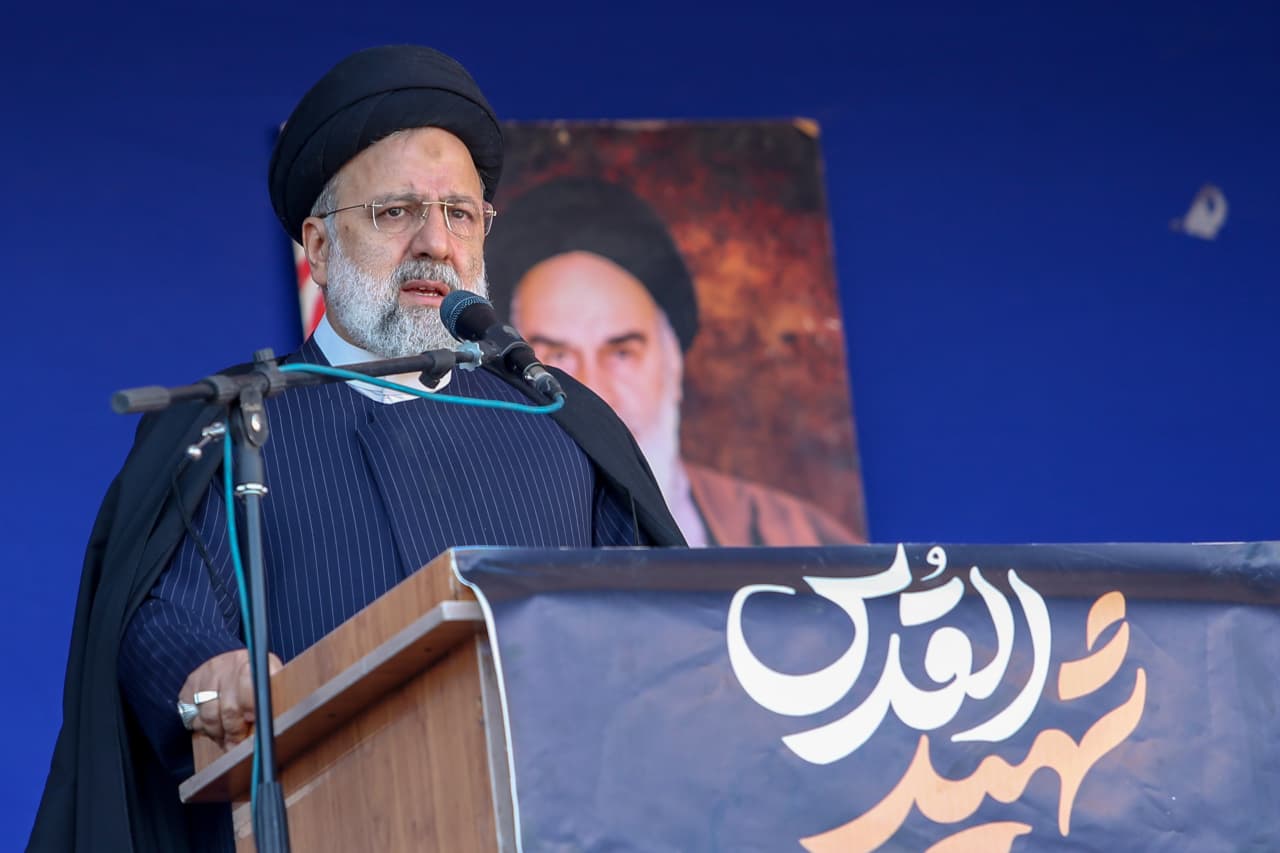$3,200 energy-efficient home improvement tax credit for select home upgrades

With winter almost upon us, homeowners can take advantage of federal tax credits to keep their homes warm. Homeowners can claim an Energy Efficient Home Improvement Tax Credit of up to $3,200 per year for qualified energy efficiency improvements made to their homes after January 1, 2023. Eligible homeowners can claim the deduction for qualified improvements made through 2032.
Energy Efficient Home Improvement Tax Credit: What is it?
President Joe Biden’s Inflation Reduction Act, which took effect in August 2022, created the Energy Efficient Home Improvement Tax Credit. This credit allows homeowners to increase the efficiency of their homes by spending on energy-efficient improvements. Projects that install energy-efficient insulation, windows, doors, electric heat pumps, etc. may be eligible for credit.
According to the U.S. Department of Energy, the average American spends about $2,000 on energy costs each year. Additionally, the department said home heating accounts for 45% of the average American’s energy use, while water heating accounts for about 18%.
Therefore, it is important for people to minimize heat loss to the outside through walls and windows and generate heat as efficiently as possible. This is where the energy-efficient home improvement tax credit can help.
It is designed to encourage people to install energy-efficient improvements and use credits to minimize costs. In addition to helping people, installing energy efficient facilities is also good for the environment.
How much credit can I get?
The credit amount is limited to 30% of the eligible project cost. However, overall, depending on the number and nature of projects, individuals may receive up to $3,200 per year.
For example, a credit of up to $500 per year is allowed for efficient exterior door installation. For exterior windows and skylights, the maximum deductible is up to $600, while a home energy audit allows up to $150.
The combined tax credit for all of these projects is up to $1,200 per year, or up to $2,000 per year for a qualified heat pump, biomass stove or biomass boiler. Therefore, if a taxpayer uses both the $1,200 and $2,000 credits, they can receive up to $3,200 in energy efficient home improvement tax credits.
To receive the credit, your installation must meet efficiency standards set forth by the IRS. Additionally, in some cases, labor costs may not be deductible. Taxpayers are eligible for the tax credit only if they file an annual tax return.
The Energy Efficient Home Improvement Tax Credit is non-refundable. In other words, the taxpayer must be obligated to benefit from the tax deduction. Therefore, taxpayers are not entitled to a refund if the credit exceeds their tax liability, and the excess credit is not permitted to be carried forward to future tax years.
For more information about the energy efficient home improvement deduction, visit the IRS website.



